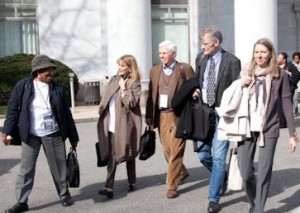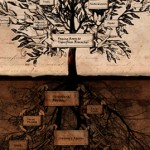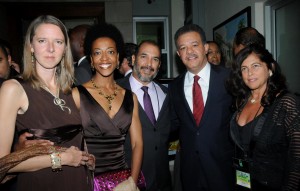Katrina Browne on being “White in America”
Posted December 17th, 2012 by Katrina BrowneCategory: Race and Ethnicity Tags: Abraham Lincoln, American South, Emancipation Proclamation, Katrina Browne, Northern complicity
 Katrina Browne, our founder, appeared earlier today on a roundtable at the Huffington Post’s “HuffPost Live.” The topic was “White in America?“, inspired by a blogger’s recent call for CNN to complement its “Black in America” series with a look at what it means to be white in our society today.
Katrina Browne, our founder, appeared earlier today on a roundtable at the Huffington Post’s “HuffPost Live.” The topic was “White in America?“, inspired by a blogger’s recent call for CNN to complement its “Black in America” series with a look at what it means to be white in our society today.
I’m having one of those: “I wish I had said” moments. I’m thinking about what I would have said more bluntly than I did, to tie together: Susan Bodnar talking about poor/working class whites not getting enough love (my word) in our culture, as well as talking about their racism; host Alicia Menendez asking why they aren’t covered much on TV; and then Morley Winograd talking about the film Lincoln showing how far we’ve come as a society.
I half-said what I wanted on the show at that point; here’s the more I’d say:



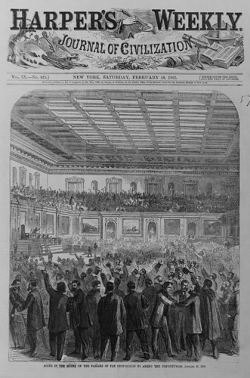 I’m one of the jaded ones now.
I’m one of the jaded ones now.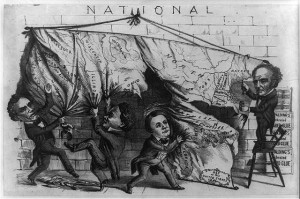
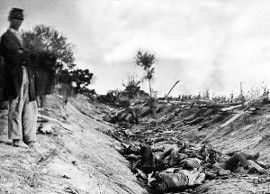 A week ago I was still pronouncing “Antietam” as if it rhymed with “Vietnam.” Now I know it’s pronounced “Anteetum” … and so much more. My husband John and I had heard about the 150th anniversary commemorations of the Battle of Antietam/Battle of Sharpsburg, and since we’d been meaning to have a camping get-away, we decided that this was a great excuse to get outdoors and pursue my work goal of seeing how the 150th of the Civil War, and the role of slavery in the war’s causes and consequences, is being acknowledged at battlefields.
A week ago I was still pronouncing “Antietam” as if it rhymed with “Vietnam.” Now I know it’s pronounced “Anteetum” … and so much more. My husband John and I had heard about the 150th anniversary commemorations of the Battle of Antietam/Battle of Sharpsburg, and since we’d been meaning to have a camping get-away, we decided that this was a great excuse to get outdoors and pursue my work goal of seeing how the 150th of the Civil War, and the role of slavery in the war’s causes and consequences, is being acknowledged at battlefields.